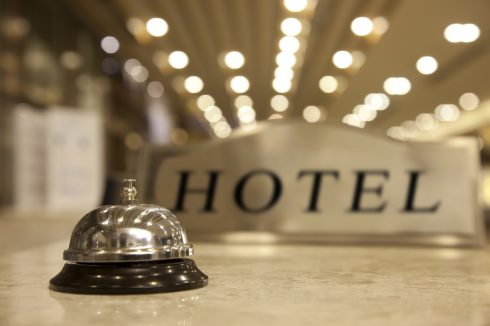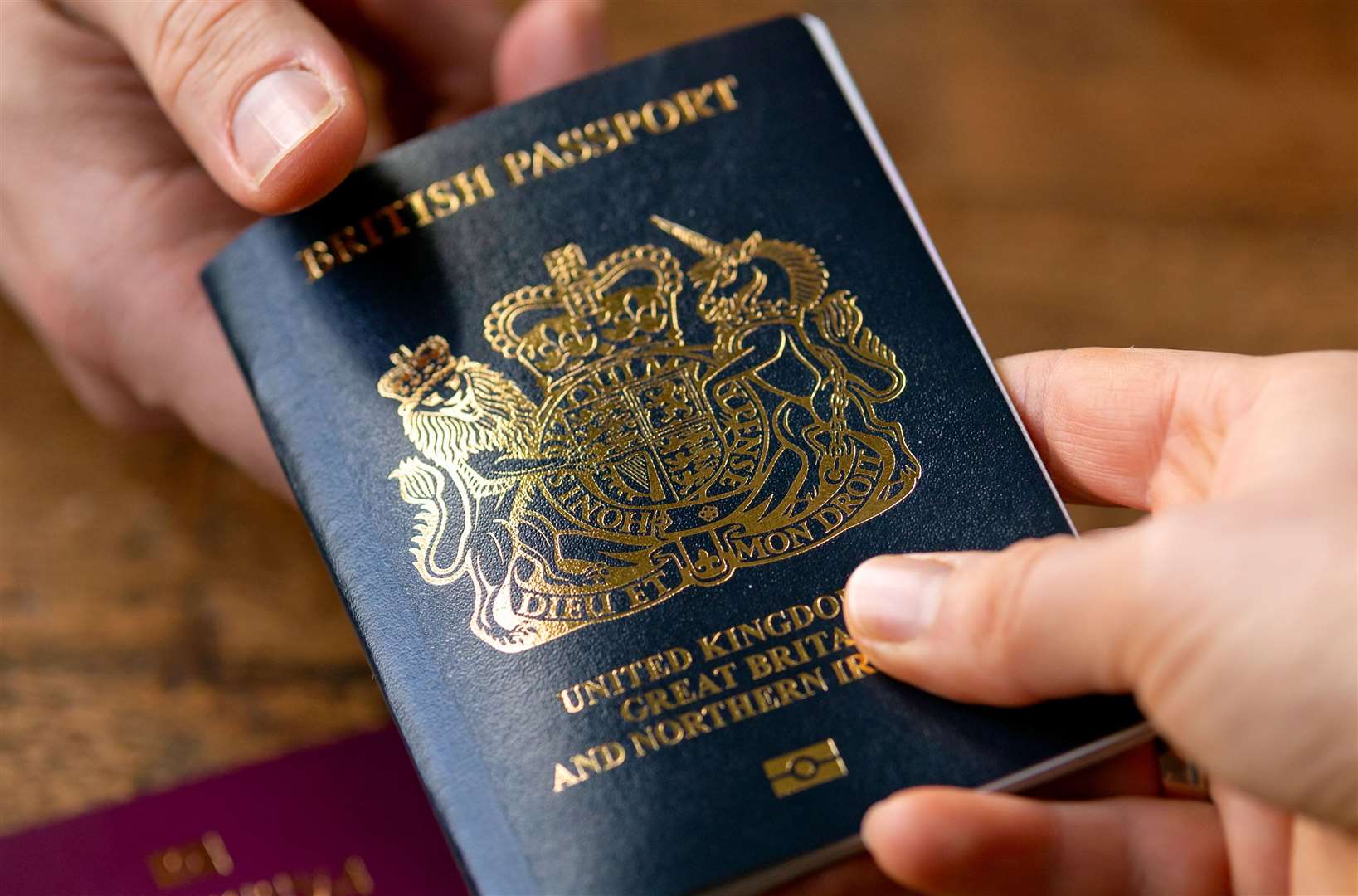HERE’S what you need to know about Spain’s ‘Big Brother Law’ coming into effect today.
From today, hotels in Spain could be fined up to €30,000 if you fail to follow a new law affecting tourists documentation and data.
The Real Decreto 933/2021, dubbed the ‘Big Brother Law’ has been heavily criticised by the tourism sector for ‘violating visitor privacy’ and ‘creating unnecessary admin’ as staff collect up to 31 pieces of data.

Thought to be some of the strictest rules in the EU, and means anyone aged 14 or above must provide their full name, gender, nationality, passport number, date of birth, home address, mobile number and email address.
Although those under 14 do not have to provide the information, adults traveling with them must explain their relationship with the minor.
Tourist details must be logged into a government platform called ‘Ses.Hospedajes’, which currently holds over 4.77 million visitor details and is shared with security forces to help track criminals.
Over 61,540 hotels, 1,994 travel agencies, 1,720 car hire companies and 222 websites are registered on the platform.
Spain’s leading hotel association, Cehat, has criticised the new rules, likening it to ‘Big Brother’ and saying it will ‘cause chaos.’
They have now launched a legal challenge over the rules which they worry could breach customer privacy and could lead to fines under the EU General Data Protection Regulation.
Despite criticism, the Home Office has defended the changes, saying the ‘crackdown on organised crime’ is ‘transparent and efficient.’
It is workers responsibility to register guests and affects guest houses, hostels, hotels, rural accommodation, camping and caravan parks amongst other kinds of accommodation.
The group’s secretary-general Ramon Eestella told the Telegraph Spain is already the only country where hotels must send guest ID information to the police.
Cehat said in a statement: “Not only could it violate fundamental privacy rights, but it also threatens to complicate and hinder the experience of millions of visitors who choose Spain as a destination”
They claim it could grossly increase check in times during peak season but the Home Office still insist the new rules ‘balanced all considerations including both the right to privacy as well as the need to protect the security of society as a whole’.
Currently, the database has helped locate at least 18,584 people and former legislation dates back 65 years, so lawmakers claim the rules were ‘obsolete’ and needed updating.
Minor infractions, such as sending data late will lead to fines of between €100-600.
While serious infractions such as a failure to send data will carry fines of up to €30,000.
Here are all the details which need to be collected:
Company details: Name or company name of the owner, CIF or NIF, municipality, province, landline and/or mobile phone, email address, company website and url to identify the advert.
Rental company details: Name or company name of the owner, CIF or NIF, municipality, province, landline and/or mobile phone, email address, company website and url to identify the advert.
Details of the establishment: Type of establishment, name, full address, postcode, town and province.
Traveller data: Full name, gender, identity document number, type of document (ID card, passport, TIE), nationality, date of birth, usual place of residence (full address, town and country), landline and mobile phone, email, number of travellers and relationship between travellers (in the event that any of them are minors).
Transaction data: Contract (reference number, date and signatures), contract execution data (date and time of entry and date and time of exit) and payment data (type, identification of the means of payment such as card type and number, holder of the means of payment, expiry date of the card and date of payment).
Non-professional accommodation: Some data vary, including full name, gender and ID of the property owner, as well as number of rooms or internet connection of the establishment.
Vehicle rental: The data are similar to those for accommodation, but with the addition of the corresponding information on the main driver and the second driver (if applicable).











How does entry details affect people who have a holiday home who are not residence. How would they registar thrre details.